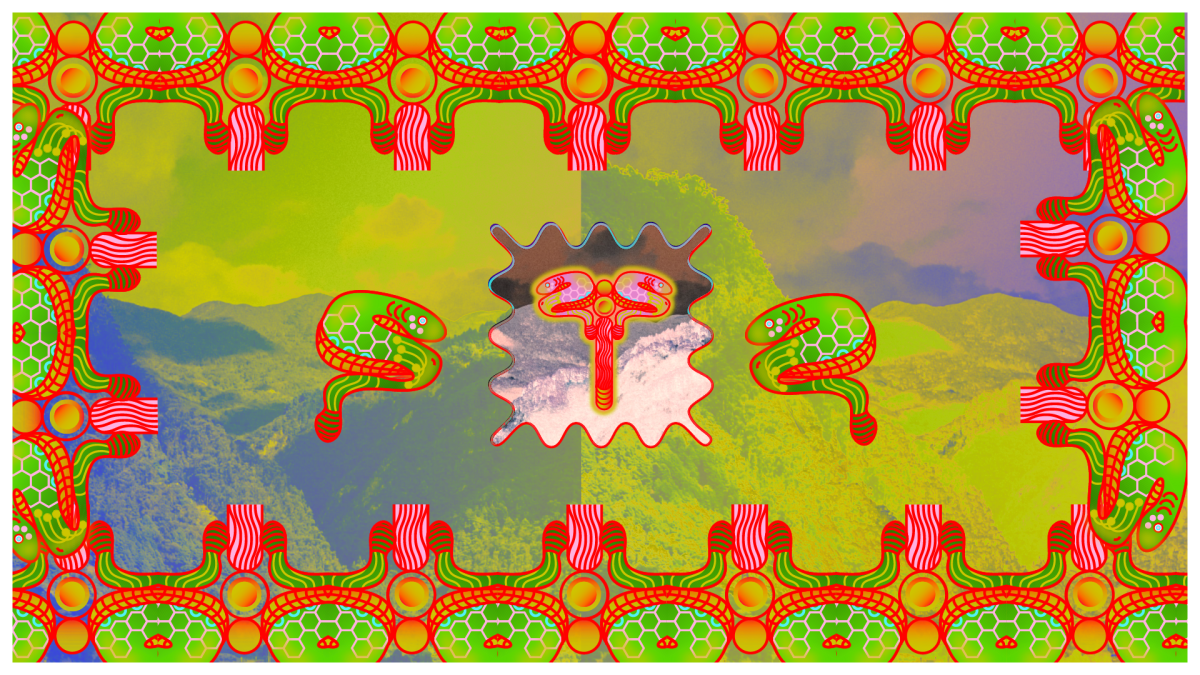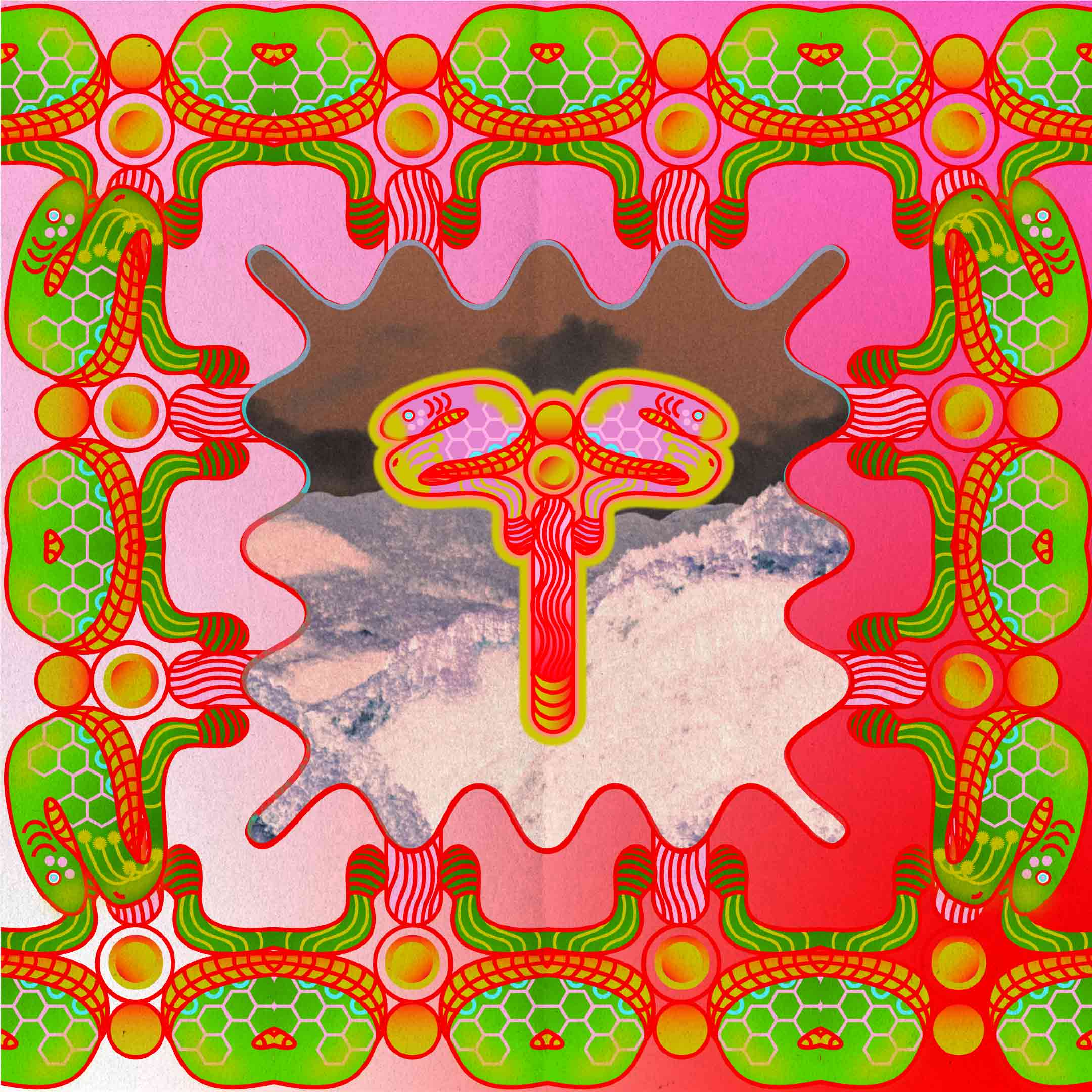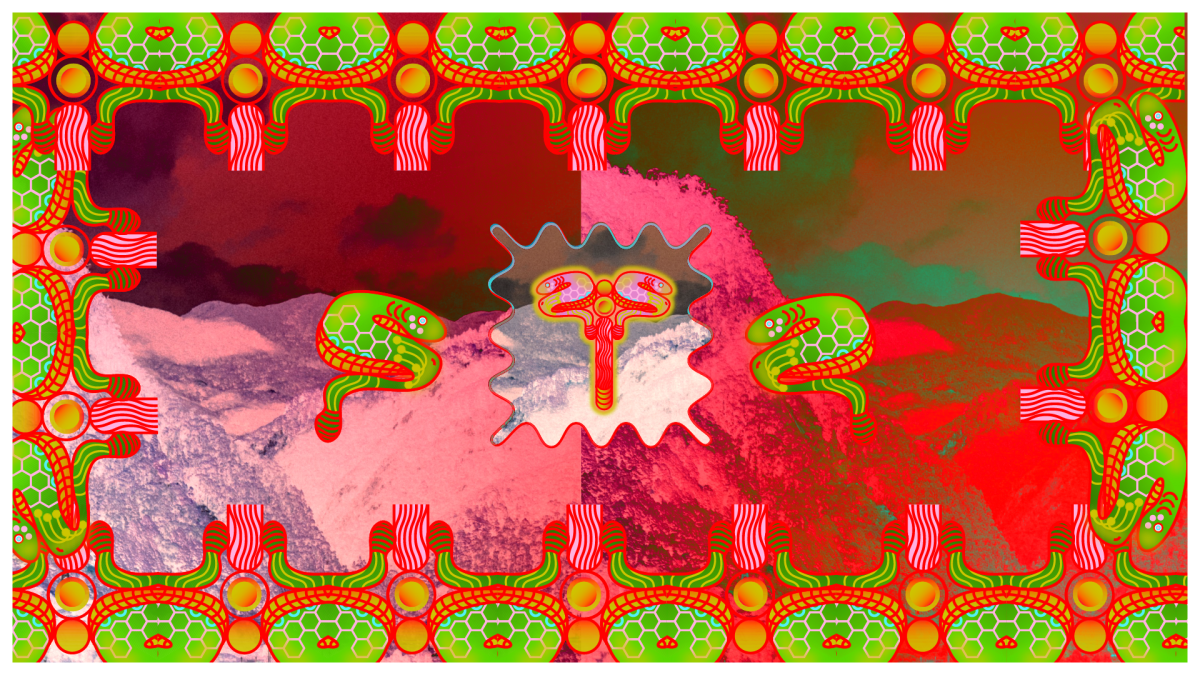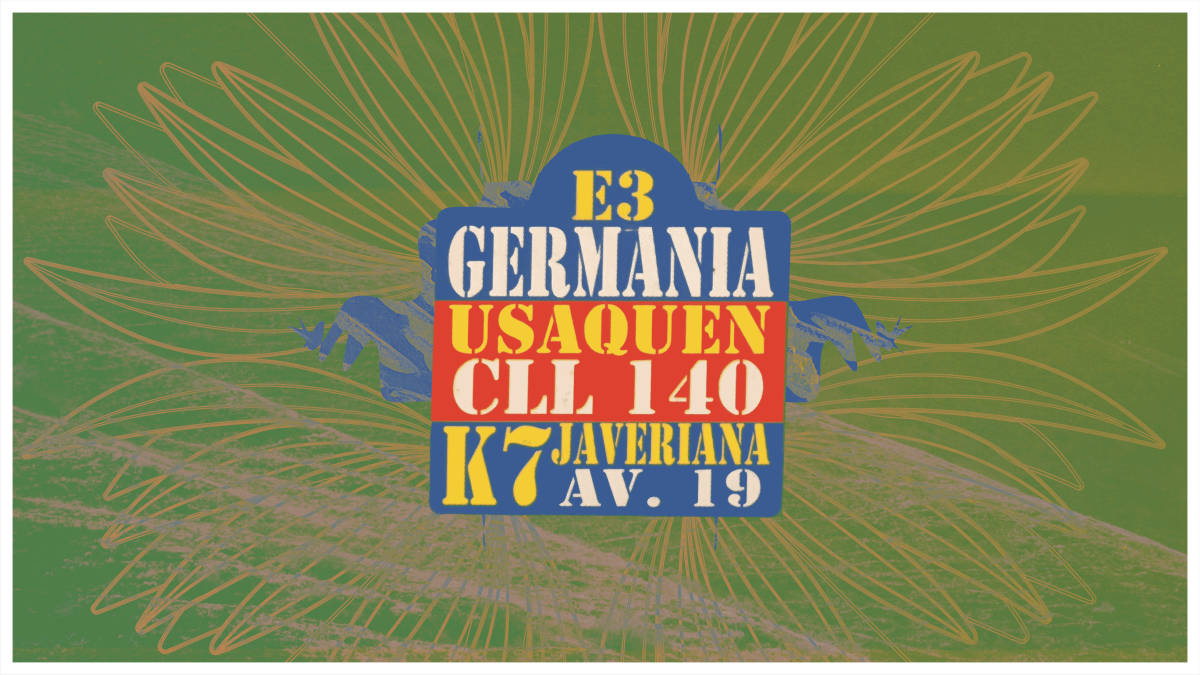
From a Room of One’s Own to a Shared City
In this essay, Luisa Uribe proposes an approach to women as producers of music, club culture, and independent collectives in Bogotá, Colombia, as a way to strengthen the debates that constitute the electronic music scene nowadays.
encuentre una versión en español de este texto aquí
Affirming that the spaces for producing, distributing, and consuming music and the arts are predominantly male is a cliché – what more can we say about the well-known lack of FLINTA1 representation on club and festival lineups in Bogotá and Colombia? Have these spaces changed so much recently that this debate is now sterile? This text attempts to turn the problem of representation in the city’s cultural spaces around and consider as-of-yet little-explored paths, allowing us to understand gender inequality in depth.
To begin with, it is relevant to remember that the platform female:pressure has been publishing FACTS since 2013, a study that quantifies gender distribution in electronic music festivals worldwide. Over the past decade, FACTS has revealed an increase in the proportion of female acts from 9.2% in 2012 to 30.0% in 2023. The data on non-binary artists show a rise from 0.4% in 2017 to 3.3% in 2023.
Things are no different in Bogotá, particularly in the electronic music circuits. The city hosts the country’s largest festival in terms of attendees, Baum Festival, and this year the percentage of FLINTA artists was only 36%, with 31 artists out of 86 in total.
These data highlight a clear and persistent problem of representation. However, carefully examining Bogotá’s music ecosystem also involves asking how women, non-binary people, or those with diverse gender identities inhabit these spaces beyond visibility in lineups. This process has been crucial, but it is just the beginning of our questioning and collective mobilization in these cultural spaces.
To explore these paths, I spoke with María Manuela (she/her), Niebla (she/her), Juliana (she/her), Alex (they/them), and Viviana (she/her), all Bogotá residents who work in music production, bookings, clubs, and as organizers of independent parties. These conversations allowed me to reflect on the difficult task of transcending identity struggles in cultural spaces and turning them into questions about power distribution and decision-making in the city’s alternative and emerging circuits.
The Importance of Production
María Manuela has been a DJ for less than three years, and on this journey, production was a response to the need to continue exploiting her creativity and engaging with party spaces from other angles: «I didn’t feel so satisfied just mixing and felt that something was missing and that something was music production. So, I wanted to fully satisfy this great need to create something through sound by learning to produce. I wanted to exploit my creativity more.»
I talked with her about party circuits, the importance of creative and calm environments for artistic development, and her short career, which is critical in these reflections. She has toured Europe and other Latin American countries and performed at Boiler Room x Ballantine’s in Bogotá on August 6, 2024, curated by Bitter Babe.
Niebla is also a DJ and producer and works as a booker at Video Club, one of the main clubs in Bogotá. She defines her beginnings in music production as a result of curiosity and an interest in replicating sonic elements that attracted her from her influences. We talked about training spaces and local labels that release music produced by women.
Niebla started with a course at El Club de Audio, a platform based in Medellín that also offers virtual classes directed by the DJs and producers Retrograde Youth and Red Noise: «I am very grateful for El Club de Audio as it was a safe space for women to be completely vulnerable in the learning process. Learning something new is difficult; music production is intimidating due to its complexity, especially if you’ve never studied music. So, entering a class, especially with a male teacher, can be complicated. And there I found a space to ask questions repeatedly, to explore that curiosity.»
Regarding working with local labels, this artist emphasizes what city promoters are attempting: «There are small labels that have just started and are giving more women the opportunity to see the importance of having music made by us. They are including women in their compilations or various artists, V/A.2 They are contributing something different because we’ve been listening to male sounds for a long time, and it’s time for that to change. It’s refreshing to listen to a song by a girl without knowing it’s a girl; it’s impressive, but it also feels riskier.»
Claiming Our Own Spaces
Juliana and Alex are the heads of COMUNO, a venue that opened its doors a few months ago. After over ten years of organizing parties in Colombia and the United States (where Alex was born), they started COMUNO as a project proposing a different space to welcome «people from our communities, from our intersections, and above all, people passionate about music as much as we are», said Juliana.
Our trusted kuir discobar, as they refer to it, is located in the San Luis neighborhood in Bogotá. Upon entering, you can feel the closeness and homey vibe they wanted to impart. It has two environments: a dance floor and an upstairs with a jukebox, much like a classic Bogotá shop.
«It is sad and disappointing to recognize that many trans people do not go out at night. They don’t because they already know what they will encounter in club spaces and nightlife: violence and exclusion. That’s why we wanted to open doors with the idea of a safer space because a 100% safe space does not exist. That’s why this dream has much to do with our few nonconformities», says Alex.
Among the nonconformities is the importance of spaces created and led by women and non-binary people within the city’s party ecosystem. The constant experience of nights marked by harassment and bookings made solely based on physical appearance or gender identity determines that feeling of fatigue that, for many of us, has transformed into action.
Viviana is the co-founder of Club Felinas. She has worked for several years in event management as a booker and tour manager, and in this collective, created in 2019 by her and DJ/producer Sol Tornasol, she handles administrative tasks: organizing lineups, paying artists, dealing with venues, and more. She highlights the relationship built with artists at the collective’s events and the fact that they feel comfortable and respected when dealing with other women. Club Felinas’ parties have become a space for growth and support for the LGBTIQ+ community within electronic music in Bogotá.
In March 2024, Club Felinas organized a party celebrating International Women’s Day in the city: Carrusel Aleteo Fairy. With a lineup of ten local artists led by the «queen» of guaracha, Luna Gil, the event was a political statement in itself and a clear demonstration of the progress made in recent years thanks to the demands that women/FLINTA have made concerning the recognization of the specific identity particularities that affect us.
A Room of Our Own Is Not Enough: Reflections for the Future
Identity struggles – the recognition of and claim to specific needs of certain marginalized communities – have been a decisive factor in the progress of women, non-binary people, and those with diverse gender identities in Bogotá’s party spaces. Recognizing the obsolescence of all-male lineups, the wide offer of female DJs at parties and festivals, and a constant conversation about our participation in nightlife have been significant advances.
However, the transformative potential of Bogotá’s cultural scene hardly ends there. This is not only because not all historical debts are settled by including some women in the lineups, but also because this constant emphasis on representation as the ultimate goal overlooks essential questions about training, quality, possible aesthetics, and the propositional imaginaries in electronic music.
As women/FLINTA, we have pending conversations and tasks. Bogotá’s underground electronic music scene can be a space to expand creative horizons, but that won’t happen until we propose other forms of organizing it: more music produced by us, more spaces booked and managed for and by us, and more opportunities for collective growth, training spaces, and feedback.
We need to learn more about distribution, royalties, fee payments, and overall industry growth to be part of this emerging scene. This will give us more strength to change the exclusionary behaviors many of these spaces have developed. These learnings will not arise out of nowhere, and if we continue to stand solely on identity struggles, we won’t be able to articulate ourselves with enough strength to manage and make them sustainable.
We need to move from «a room of one’s own», as Virginia Woolf3 said, to a city for everyone in the sense that we articulate artistic horizons and incorporate the interdependence that underlies them.
Bonus Track
This text is accompanied by an interview I did with María Manuela about her creative process and the beginning of her journey as a producer. This artist’s rapid growth in recent months is an example of the enormous talent in Bogotá and the importance of safe and calm environments for creative development. For English speakers, here’s a full transcript of the interview.
- 1. Acronym in English for female, lesbian, intersex, trans, and agender.
- 2. See the two releases on local label Plasmodia for reference.
- 3. Published in 1929, Wolf’s essay «A Room of One’s Own» explores the idea that for a woman to write quality fiction, she needs financial independence as well as a room of her own to work in. It has become a foundational text for feminist movements advocating safe spaces for women.
This essay is part of the virtual exhibition «Norient City Sounds: Bogotá», curated and edited by Luisa Uribe.
Biography
Published on August 22, 2024
Last updated on August 30, 2024
Topics
Why do people in Karachi yell rather than talk and how does the sound of Dakar or Luanda affect music production?
Why is a female Black Brazilian MC from a favela frightening the middle class? Is the reggaeton dance «perreo» misogynist or a symbol of female empowerment?
Why does a Kenyan producer of the instrumental style EDM add vocals to his tracks? This topic is about HOW things are done, not WHAT.
How did the internet change the power dynamic in global music? How does Egyptian hip hop attempt to articulate truth to power?
Special
Snap


